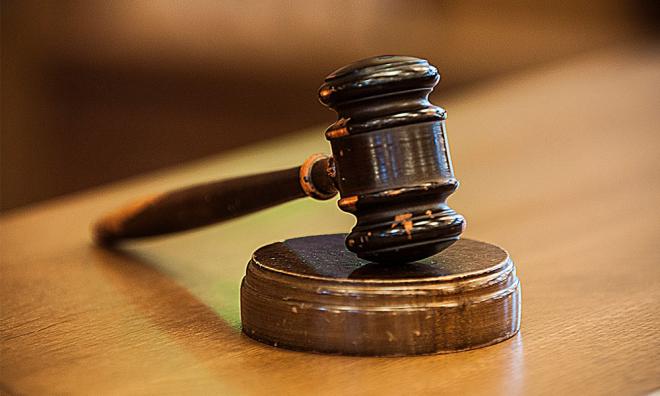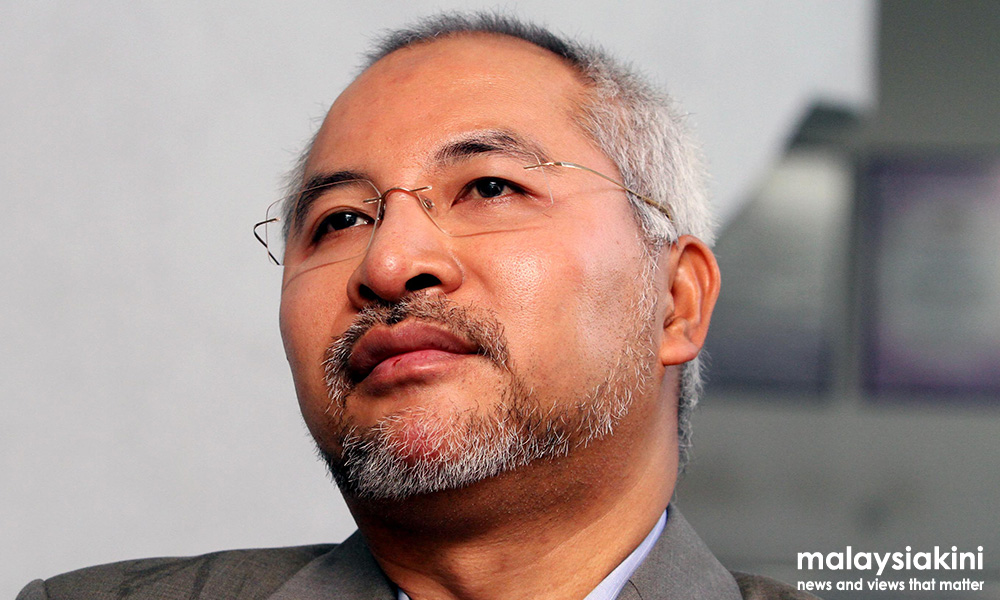
In April 2016, the then attorney-general Apandi Ali was asked: “Why do we have to maintain the sub judice rule since jury trials have already been abolished? Surely, judges can’t be influenced by our writings.”
The response was: “The rule must stay because judges are only human. We can’t take for granted that judges can’t be influenced. There have been instances (where) judges have been influenced. Even the mere presence of people in a courtroom can instil fear in a judge.”
I took note of his remarks lightly because a year earlier, I was the subject of an attempt to cite me for contempt by Muhammad Shafee Abdullah, who represented former Selangor menteri besar Mohd Khir Toyo.
Shafee complained to five learned judges: “Two articles - a commentary by R Nadeswaran titled ‘Truth, nothing but the truth’ and an editorial titled ‘Don't do the crime, if you can’t do the time’ were “prejudicial” to my client.”
Chief Judge of Malaya Zulkefli Ahmad Makinudin said the court took note of the articles, but denied that the judges were influenced by the articles or the social media.
What the court did not hear was the most crucial part of my critique: “It is not this writer’s or this newspaper’s business to dissect and scrutinise mitigation pleas from convicted people. The competent authority is the court and we don't seek to influence them or prejudice the case of the convicted person.”

Fast forward and today, the Advocate and Solicitors Disciplinary Board (ASDB) is in receipt of a complaint alleging that there was an attempt to impose pressure on a judge to make judgment in favour of one of the parties.
I am not interested in the dispute, which is between two lawyers - E W K Chung and Dhanaraj Vasudevan, but the contents, which have a bearing in relation to claims of judges being influenced.
In his complaint, the former claimed that the latter made a misleading statement to the court in December last year.
The complainant quoted Dhanaraj verbatim from the court transcripts: “They keep up in the different forum, sue them, do whatever they want to do, go to Bar Council. But the manner... has already been brought up by implicating my firm, subsequently, I must say, it is a firm belonging to a senior supreme court judge, Mr Harun Hashim.”
It is common knowledge that Justice Harun passed away in 2003 and he was never in private practice – always serving the government until his retirement from the Bench.
Chung says that the Legal Profession Act prohibits lawyers from practising any deception on the court and maintains that Dhanaraj had knowingly or recklessly allowed the court to be misled and had acted without integrity.
“Dhanaraj at all material time 'knew that it was not right' as the late Harun Mahmud Hashim had passed away nearly 16 years ago and thus, by my opinion, he should never deceive the court and his action is tantamount to dishonesty,” Chung said in his complaint.
Further, Chung complained that during the hearing, Dhanaraj dropped the name of a member of the Royal household by stating: “And we have a sitting Raja Muda of Kedah as one of our partners now.”
The complainant takes the stance that when Dhanaraj mentioned this statement to the court, it was meant to put pressure on the court that one of his partners in the said firm is the Raja Muda.
Chung took the view that when Dhanaraj made such a statement, he disrespected the court and applied pressure to the judge in deciding the matter.
“His speech or submission should only concern the particular case; on the legal issues that arise in that matter and he should exert maximum effort to ensure that his submission and speeches are presented in a concise and eloquent manner which are only related to the case,” Chung claimed.
While this may be a dispute between two lawyers and it is for the ASDB to decide, it will be followed with interest by the public as to what extent our courts are influenced by non-judicial facts and “outside issues and perceptions.”
For fellow journalists, the question remains: do we need the sub judice rule? Are we so powerful as to influence judges? In this instance, it was not our writings or commentaries which are the subject of the dispute, but the contents of what transpired in open court.
Hopefully, the ASDB will set the parameters on what lawyers can or cannot say when matters are being adjudicated.
R NADESWARAN is a veteran journalist who writes on bread and butter issues. Comments: citizen.nades22@gmail.com - Mkini



No comments:
Post a Comment
Note: Only a member of this blog may post a comment.